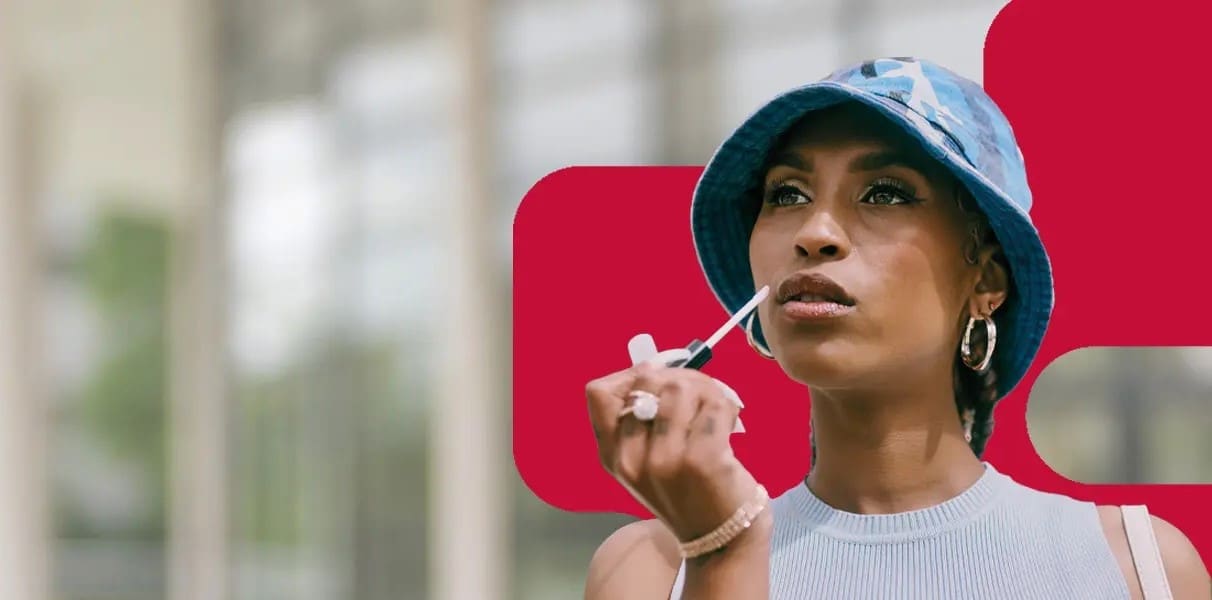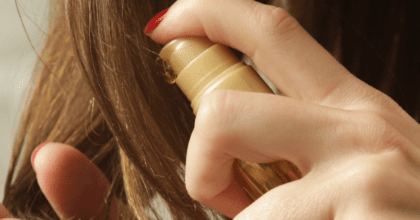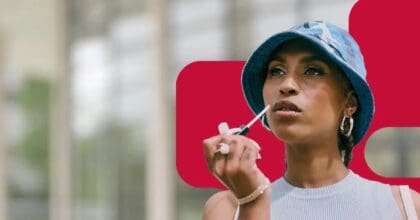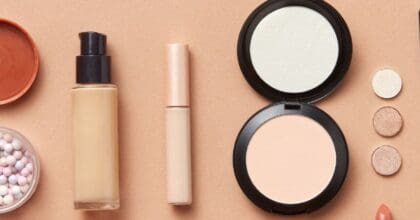Naturally confident: More than half of Black women say their hair makes them feel beautiful
As the natural beauty trend takes hold across the US, it seems Black women are fully embracing their natural hair. New research from Mintel reveals that Black women are most likely to wear their hair natural (no chemicals) with no-heat styling (40%) and natural with heat styling (33%). For a boost in confidence, 51% of women say their current hairstyle makes them feel beautiful.
Black women are most likely to wear their hair natural (no chemicals) with no-heat styling (40%) and natural with heat styling (33%).
With the majority (87%) of Black women agreeing that health is the ultimate beauty accessory, more and more consumers today are just as concerned with what’s not in their beauty and personal care products as what is included. In fact, 70% of Black women say they prefer to read ingredient labels in haircare products so they can avoid certain chemicals. Happy with the haircare choices they’ve made, all in all, three in 10 (30%) say their hair makes them feel healthy.
Consumer interest in avoiding damage to their hair has resulted in damaging effects to the category. In fact, total haircare expenditure among Black consumers overall is estimated to reach $2.51 billion in 2018, a -2.3% decrease since 2016, as a result of at-home relaxer sales declining 22.7% over the same period. However, shampoo and conditioner are soaking up sales as Black women learn how to better care for and style their natural hair on their own and turn to haircare maintenance systems rather than salon services. As such, spending on shampoo has grown 12.2% in the last two years, while conditioner has grown 7.3%.
“Healthy hair is beautiful hair for the majority of Black consumers, with the Black haircare market adjusting to the new natural hair normal. Many women are making a conscious choice to wear their hair naturally as they feel empowered to embrace an Afrocentric beauty aesthetic. Brands with product lines specifically for natural hair should include messaging that encourages Black women to unapologetically embrace their stylized, natural self. The products and tools Black women use to maintain and style their hair is also indicative of how they live their lives; choosing natural ingredients whenever possible to be healthy on the inside, which in turn will be visible to themselves and others on the outside. Brands should consider product innovation, expanded retail distribution and messaging as opportunities to better meet the needs of this demographic, with the future of the Black haircare market dependent on chemical-free consumers,” said Toya Mitchell, Multicultural Analyst at Mintel.
Black women look to personalize routines with multifunctional products
With regimens and maintenance systems for nearly every hair type and concern, Black women are most likely to say they use five or more haircare products at home (43%). Today, a wide collection of haircare products with specific benefits is commonplace, especially among younger Black women, as those aged 18-34 are the most likely to say they use haircare products such as deep conditioning treatments (59% of 18-24-year-old Black women vs 37% of Black women overall) and edge control (58% vs 26% overall). However, Mintel research indicates women are eager to streamline and personalize their routines with multifunctional options. Looking ahead, the option Black women are most interested in is haircare products for multiple uses (57%).
Social media is a growing channel for the Black haircare market as Mintel research shows 68% of Black women aged 18-34 are interested in using social media to search for video* how-to tutorials. Beyond learning about styles, it seems social media is where Black consumers are doing their shopping as well. One third (32%) of Black consumers purchase haircare products online, including one quarter (24%) who shop for haircare products via online-only retailers—a nine percentage point increase over those who did so in 2016.
“Black women are driving usage of multiple haircare products, with younger women in particular using a variety of maintenance and styling products as they draw inspiration from styles seen on social media. Moving forward, there is an opportunity for brands to add functionality to existing product lines to develop multifunctional products in order to increase usage and help consumers personalize their haircare routines. This is especially true as our research shows that Black consumers are more interested in product innovation that addresses their concerns rather than new haircare methods,” continued Mitchell. “When it comes to purchasing new products, online shopping is on the rise as mainstream retailers like Amazon, Walmart and Target have expanded their product selection, particularly among smaller brands that formulate products specifically for Black consumers, with some online-only exclusives.”
Men frequent the salon most often
Finally, it seems multicultural consumers view a trip to the salon as an opportunity to pamper themselves. Mintel research reveals that nearly half of Black (48%) and Hispanic (47%) consumers who receive salon services** say they do so to treat themselves as compared to just 39% of consumers overall.
24% of all men aged 18-34 who receive haircare treatments at salons say they receive haircare treatments weekly.
And despite the stereotypes, its young men who are treating themselves to a salon visit most often with men not only visiting salons for a variety of services, but doing so more frequently. One quarter (24%) of all men aged 18-34 who receive haircare treatments at salons say they receive haircare treatments weekly—double the amount of women the same age (10%) and consumers overall (12%).
“Multicultural consumers are frequenting salons as a way to treat and pamper themselves. But we’re also seeing more young men actively seeking a variety of services, even those less common such as facials, tanning and anti-aging treatments, and are doing so more frequently than women in some cases. While men’s grooming needs certainly differ from women’s, this behavior is indicative of a wider trend of men looking for destinations, products and services that aid in their growing interest in self-care,” concluded Alexis DeSalva, Senior Retail and eCommerce Analyst at Mintel.
*YouTube
**In the 12 months leading to July 2018
Press copies of Mintel’s Black Haircare US 2018 and Salon Services US 2018 reports, as well as interviews with Toya Mitchell, Multicultural Analyst, and Alexis DeSalva, Senior Retail and eCommerce Analyst, are available on request from the press office.
For the latest in consumer and industry news, top trends and market perspectives, stay tuned to Mintel News featuring commentary from Mintel’s team of global category analysts.
-
Mintel StoreGet smart fast with our exclusive market research reports, delivering the latest data, innovation, trends and strategic recommendations....View reports
-
Mintel LeapMintel Leap is a revolutionary new AI-powered platform that will transform your research process....Book a demo







































